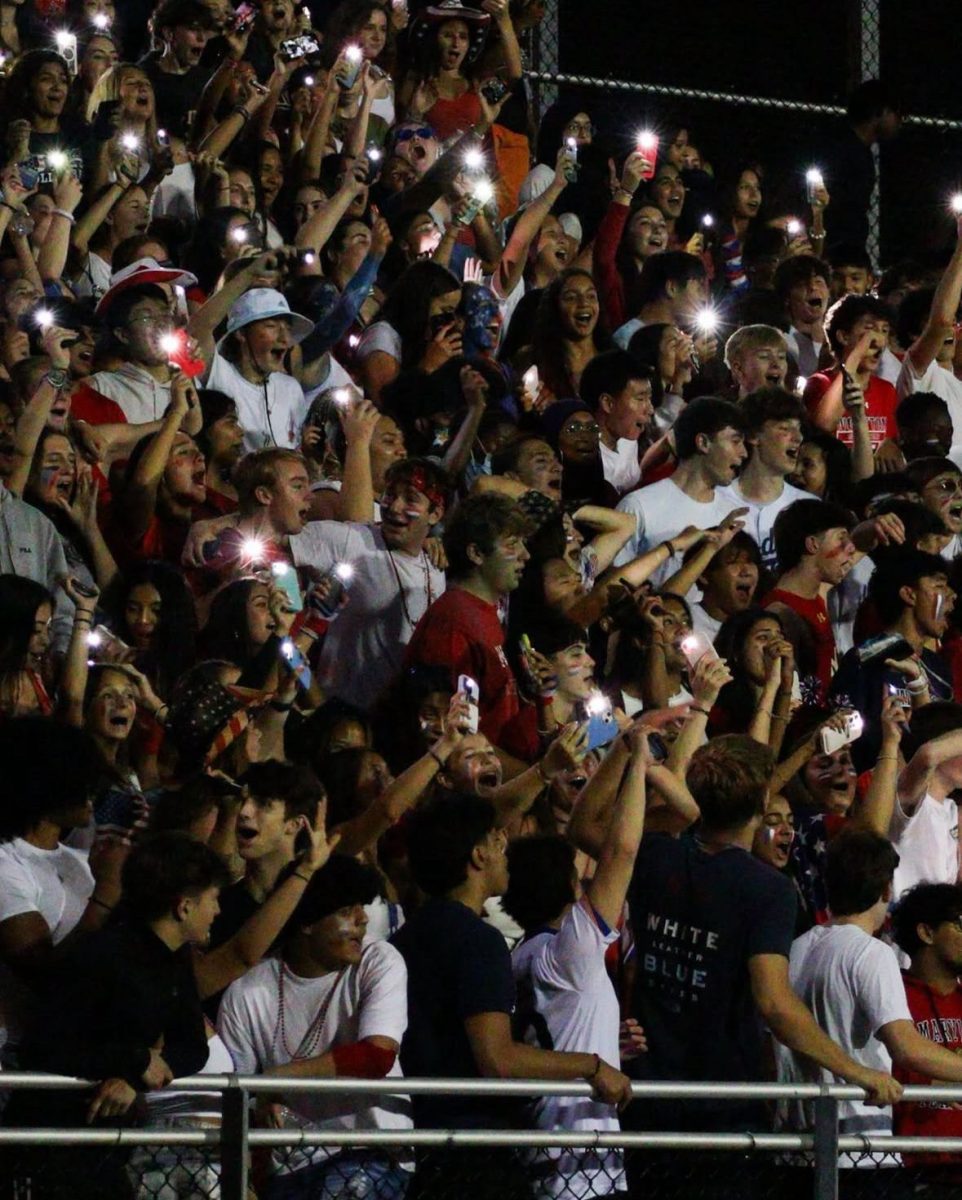If you paid attention to the recent presidential election, you may have watched the results being calculated in real time by various cable news stations, be it John King on CNN or Steve Kornacki on MSNBC. You probably saw them call states like California, New York, and Texas for Kamala Harris or Donald Trump as soon as the polls closed; you probably also saw them spend hours deliberating the results of a select few states into the early morning hours, agonizing over the vote shares in specific counties which most Americans may have never heard of. But why do these states and the areas within them matter so much? Why is it the results of these states alone that seem to decide who the next president will be? The answer is the Electoral College.
In 1787, when the Constitution was written, the founding fathers were split on the issue of electing a president. Some believed they should be elected by members of Congress, while others wanted a national popular vote. The compromise they came to would be known in the present day as the electoral college, though the Constitution refers simply to electors who would ultimately decide the presidency. Though much change has occurred since 1787, the general principle remains the same; each state gets a certain number of electoral votes, equivalent to how many congresspeople they have–number of representatives plus two senators–for a total of 538 votes (despite not technically being a state, DC is allotted three electoral votes). State electors customarily cast all of their votes towards whoever wins the popular vote in their state, and the candidate who receives the 270-vote majority of the Electoral College wins the presidency. This system is one of the most controversial in the United States, with hundreds of attempts over the years to reform or eliminate it, the latter is most often coupled with an effort to replace it with election by the national popular vote.
Proponents of the Electoral College system echo much of the founding fathers’ original reasoning for the system of electors, the primary claim being that without it, smaller states would not have enough of a voice in national politics. They argue that it prevents a “tyranny of the majority” wherein a presidential candidate could cater only to the majority to ensure election by popular vote, thus ignoring a minority of Americans entirely, particularly those in smaller or less- populous states. Thus, they believe the Electoral College forces the candidates to care about every state, so they must listen to the needs of all. For example, it may drive presidential nominees to campaign in a smaller state if they want its electoral votes.
However, in reality, the Electoral College often has the opposite of these intended effects. Firstly, the idea of “tyranny of the majority” and smaller states having their voices unheard is outdated, because it assumes individual states are monolithic in their political stances. In the modern age, where technology and social advancements have made diversity of opinion commonplace, giving all electoral votes to the winner of a state’s popular vote simply continues the “tyranny of the majority” on a smaller scale, by overruling the voices of the state’s minority. If you vote for the Democratic presidential candidate in Mississippi, for example, your vote doesn’t count for much towards the election besides the popular vote, which has no official value. This is reflective of another issue with the argument that the Electoral College forces candidates to care about all states. Most states are relatively predictable in their voting patterns–hence the rapid-fire calling of states like Massachusetts, Idaho, Mississippi, etc.–which means that the election is typically decided by a handful of “swing states” which are prone to flipping. This leads to the exact problem the Electoral College is supposed to prevent: undue influence and power of a certain few states.
This past presidential election, candidates Harris and Trump made the most visits, by far, to the six swing states of Pennsylvania, Wisconsin, Michigan, Georgia, North Carolina, and Arizona. In states which are solidly Democratic or Republican, voters may feel like their vote doesn’t matter, because it will not change the way their state votes, while voters in swing states have outsize impact on which way the election goes, because their state’s electoral votes could probably be the deciding factor.
Another reason voters may feel this way is the disproportionate voting power given to less- populous states by the Electoral College. Due to the huge population disparities between states, some states receive more electoral votes per population share than others, which commonly gives rural, less-densely populated states a greater voting power than others. For example, one calculation, by coder Oliver Ernst, Ph.D., which multiplied a state’s share of electoral votes times its share of the national population found the power of a vote in each state. A value of one indicates the power your vote would have in a popular vote system; lower or higher than one means your vote is less or more valuable than it would be in the popular vote. In Wyoming, votes had a value of 3.04, while in California they had a voting power of 0.85 per vote. This disproportionality shows how the Electoral College system places more values on certain votes than others.
The Electoral College system is also undemocratic at its core, because it overrides popular sovereignty. Four times in U.S. history, in 1876, 1888, 2000, and 2016, the presidency has been awarded to a candidate who did not win the popular vote, meaning that the candidate whom the majority of Americans voted for lost. This undermines the idea of democracy in America because it overrules the ability of the people to select their government electorally, thus making the Electoral College an affront to the very ideals upon which the U.S. is built. In order to return to an equal, truly representative America, where no one vote matters more than another and no one state matters more than another and no one person is more valuable than another, we must institute a popular vote system, and create a democracy which is actually by and for the people.


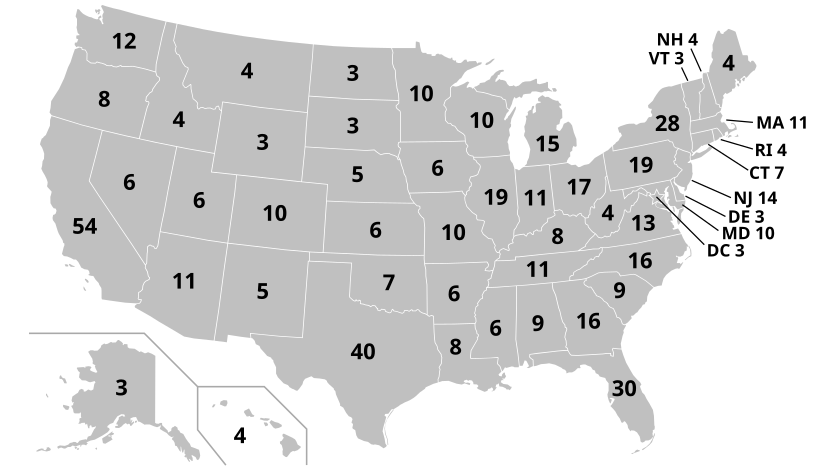

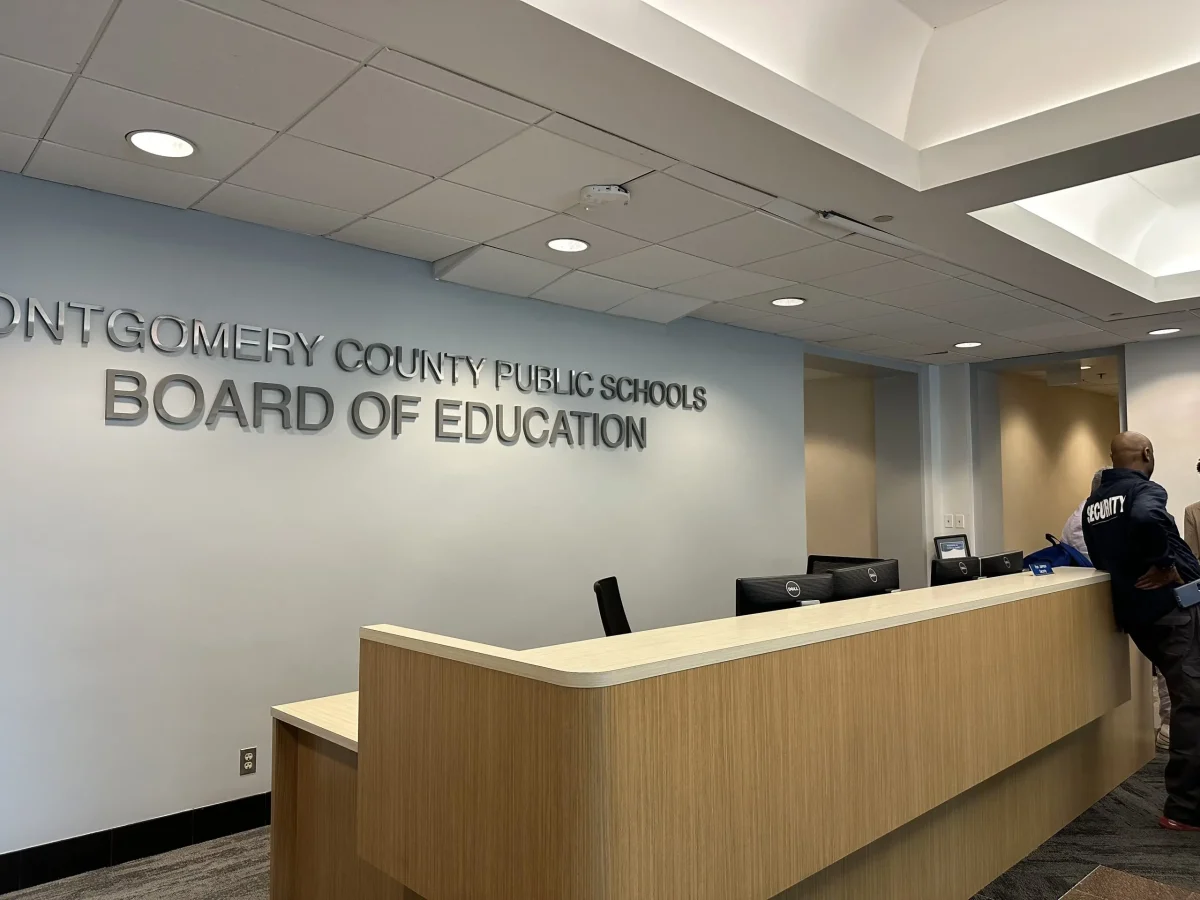
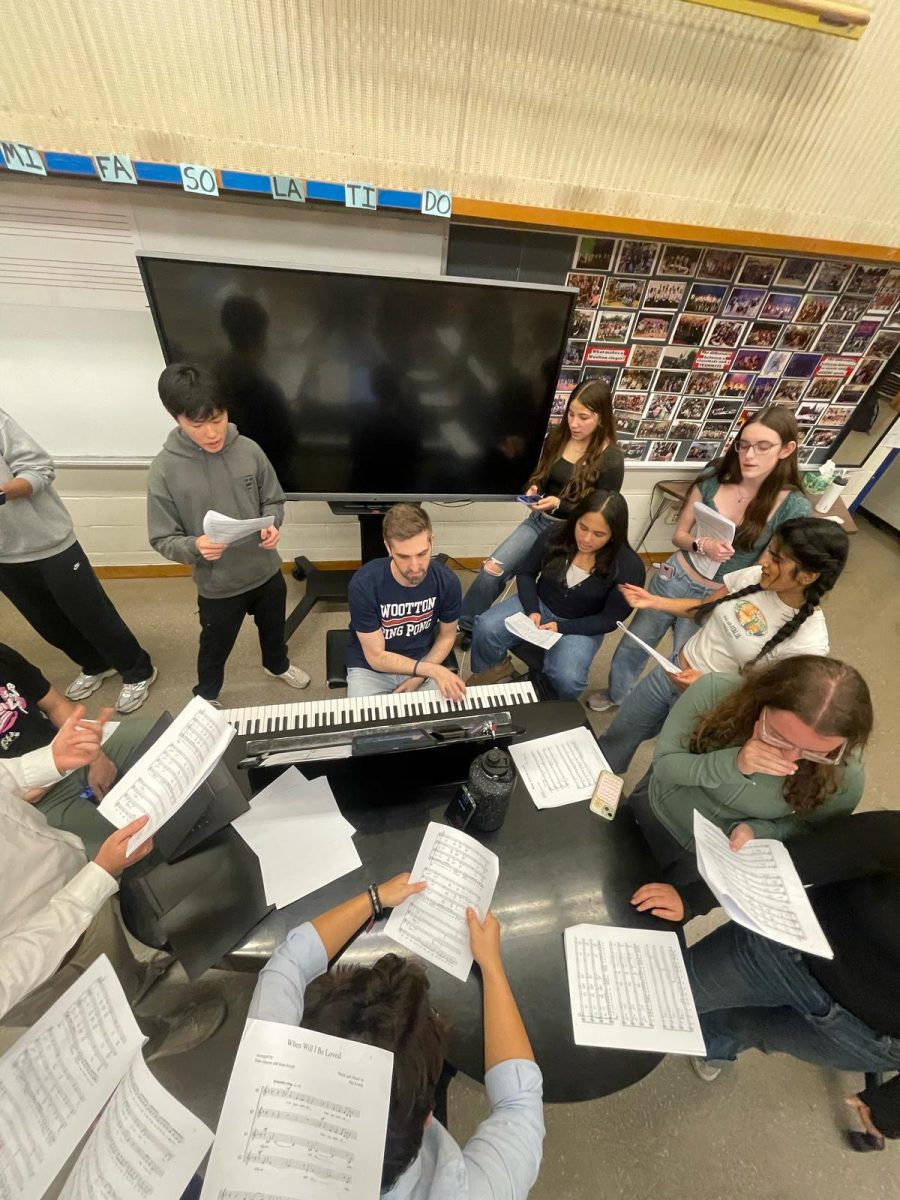
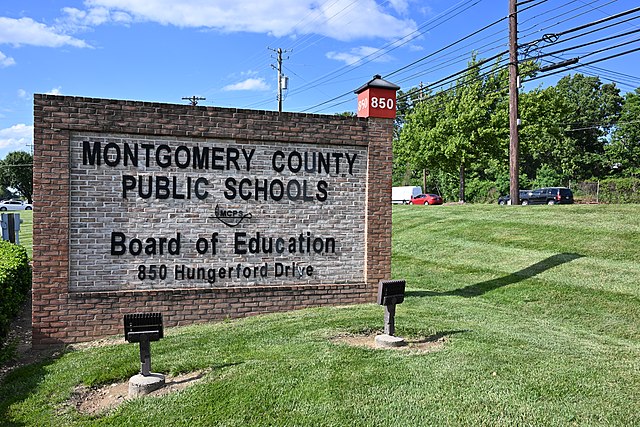
![The 2025-2026 Editorial Board Alex Grainger, Cameron Cowen, Helen Manolis, Emory Scofield, Ahmed Ibrahim, Rebekah Buchman, Marley Hoffman, Hayley Gottesman, Pragna Pothakamuri and Natalie Pak (Chase Dolan not pictured) respond to the new MCPS grading policy. “When something that used to be easy suddenly becomes harder, it can turn [students’] mindset negative, whereas making something easier usually has a better impact. I think that’s where a lot of the pushback comes from. But if you put emotions aside, I do think this change could help build stronger work ethic,” Ibrahim said.](https://woottoncommonsense.com/wp-content/uploads/2025/09/fqr5bskTXpn0LRQMmKErLuNKdQYBlL726cFXBaWF-1200x900.jpg)
